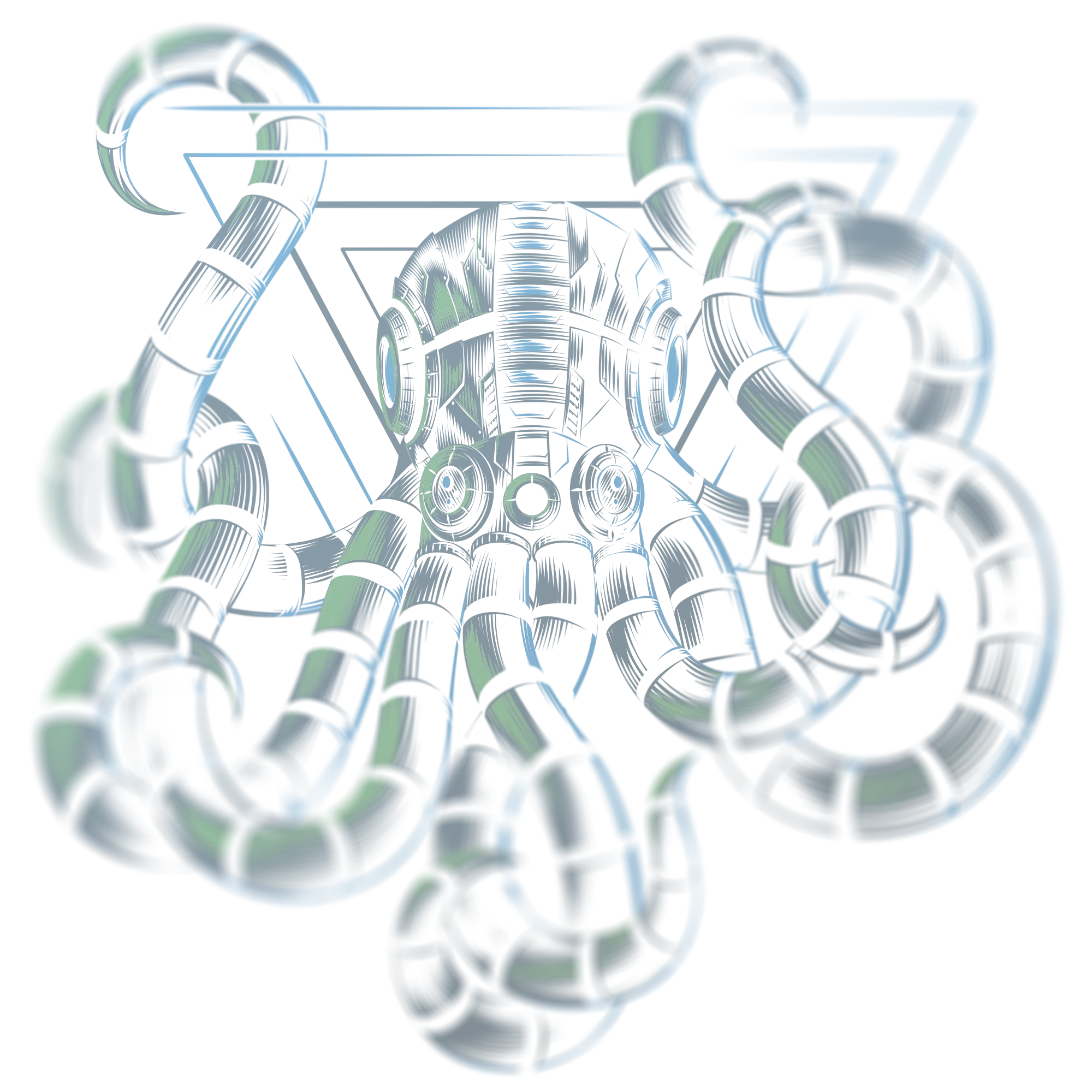
Since the earliest days of the Industrial Revolution, Pittsburgh, because of its location at the meeting of 3 rivers, was a central driver of innovation and technology in the United States. The people of Pittsburgh have always been hard-nosed, embracing the grind that progress requires. This mentality is ingrained in the Qintel spirit.
In the 1970s and 1980s, while many American cities struggled to square old industries with new economies, Pittsburgh focused on technology and information. With its unique blend of blue collar heritage and a deep talent pool of nearly 100,000 top university students in the city, Pittsburgh has proudly, but quietly, become an undeniable force as a hub of innovation in the digital era. It has remained a foundational channel of talent, innovation, and operations for the rapid growth of technological advancement in Silicon Valley and the constant evolution of global information needs in Washington D.C. Over the last 3 decades the city has become one of the most significant locations in the world for threat intelligence and fighting cybercrime as it is home to the CMU Software Engineering Institute, CERT/CC, National Cyber Forensics and Training Alliance (NCFTA), Qintel and more.

In the 1970s and 1980s, while many American cities struggled to square old industries with new economies, Pittsburgh focused on technology and information. With its unique blend of blue collar heritage and a deep talent pool of nearly 100,000 top university students in the city, Pittsburgh has proudly, but quietly, become an undeniable force as a hub of innovation in the digital era. It has remained a foundational channel of talent, innovation, and operations for the rapid growth of technological advancement in Silicon Valley and the constant evolution of global information needs in Washington D.C. Over the last 3 decades the city has become one of the most significant locations in the world for threat intelligence and fighting cybercrime as it is home to the CMU Software Engineering Institute, CERT/CC, National Cyber Forensics and Training Alliance (NCFTA), Qintel and more.
Do you want to help us illuminate the deep from the most innovative city in cybersecurity?
We’re hiring highly skilled and passionate people to join our mission and help illuminate the deep leaving cyber adversaries nowhere to hide.
We hire in Pittsburgh and remotely.
Apply here